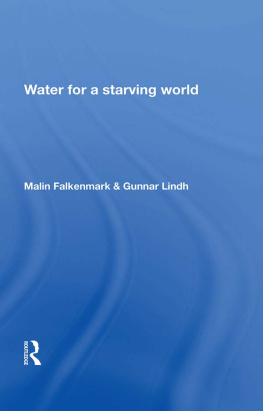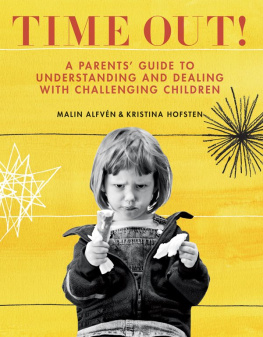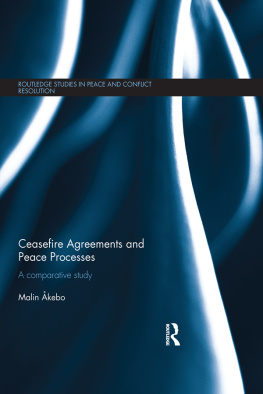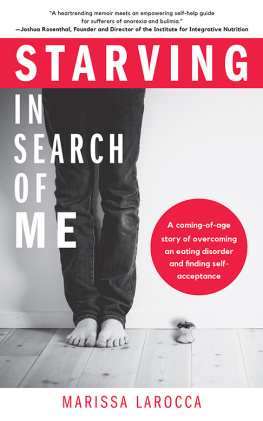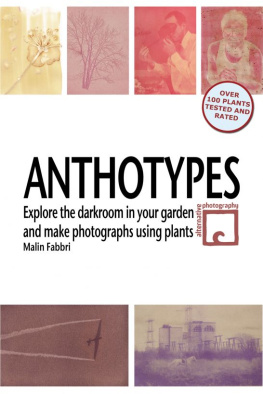Water for a starving world
This revised version of the original Swedish edition is published in cooperation with the United Nations/UNESCO as part of the information component of the United Nations Water Conference.
First published 1976 by Westview Press
Published 2019 by Routledge
52 Vanderbilt Avenue, New York, NY 10017
2 Park Square, Milton Park, Abingdon, Oxon OX14 4RN
Routledge is an imprint of the Taylor & Francis Group, an informa business
Copyright 1976 by Taylor & Francis
All rights reserved. No part of this book may be reprinted or reproduced or utilised in any form or by any electronic, mechanical, or other means, now known or hereafter invented, including photocopying and recording, or in any information storage or retrieval system, without permission in writing from the publishers.
Notice:
Product or corporate names may be trademarks or registered trademarks, and are used only for identification and explanation without intent to infringe.
Library of Congress Cataloging in Publication Data
Falkenmark, Malin, 1925-
Water for a starving world.
Translation of Vatten at en svltande varld.
In cooperation with the United Nations and UNESCO, and in
conjunction with the United Nations Water Conference.
Bibliography: p.
1. Water-supply. I. Lindh, Gunnar, joint author. II. Title.
TD345.F1913363.6176-45475
ISBN 13: 978-0-367-21318-3 (hbk)
Contents
, by Yahia Abdel Mageed
, by Ven Te Chow
Malin Falkenmark and Gunnar Lindh have done a great service to the world community in calling attention to the overriding importance of tackling the worlds fresh water supply immediately, effectively, and on a broad scale. Their book Water for a Starving World, which first appeared in Swedish and is now being made available to a wider, English-speaking public, strikes a fine balance between the experts concern for accuracy of detail and the general publics need to be informed about this all-important matter in terms which ordinary citizens can understand.
Our thanks are due to the United Nations Educational and Cultural Organization (UNESCO), which saw the need and arranged for the translation of the work.
The truth is that the world is faced with a water crisis of staggering dimensions. The fact that the total water available in the world is probably sufficient to meet all our needs begs the question. To be usable, the water must flow where it is needed, in quantities sufficient for the task, and be of a quality that meets reasonable health and similar requirements.
To cite just one example: there are few great cities in the world today that are not likely to face serious and costly water supply problems in the years ahead. Population growth, the surge of the rural population to the urban centers, industrialization with its use of water as a coolant, and pollution caused by the carrying off of effluents and debris have placed strains on water supply systems under which they cannot for long stand up. A great deal of work will have to be done to improve municipal water supplies.
One of the most immediately urgent water needs is for agriculture, where vast population increases must take place if world food targets are to be met. Much of this new requirement must come from water savings effected by the elimination of outmoded and wasteful methods of water use.
The United Nations Water Conference, which will be held in Mar del Plata, Argentina, in March of 1977, and which most of the United Nations 145 member nations plan to attend, will review these problems and suggest solutions to them. Some of the solutions will be technological, more of them will call on managerial skills, and all will have to have political backing and commitment if they are to succeed. Nor will action at the national governmental level be enough. Increasingly, the initiative for new works to be undertaken will have to come from communities and small groups of citizens working together to meet a common need. It is our hope that the conference will not only be effective in promoting cooperation between countries (for example, in the management of international river basins), but will also help to mobilize the support of the general public for the far-reaching programs which must be undertaken internationally, nationally, regionally, and in cities, towns, and communities, down to the smallest hamlet.
That is why a work such as Water For A Starving World, with its emphasis on communication between scientists and policymakers, administrators and technicians, experts and members of the public, is of such great importance to the task in which we are all engaged. I hope it finds the widest possible readership.
Yahia Abdel Mogeed
Secretary-General
United Nations Water Conference
Water is the most abundant natural resource on earth. Essential to most human activities, it can mean life or death, bounty or poverty, war or peace. Some areas are blessed with generous supplies of water, but face the threat of destructive floods. In other areas, water is often all too scarce and there are deadly droughts. It takes forty liters of water to produce one can of vegetables; yet in some regions of the world there often isnt enough water for any plant to grow. Fresh water is indispensable to crops and meat, to irrigation, to inland fisheries, to forests that protect land from erosion and supply building and other useful materials, to public health, to housekeeping, and to recreational and numerous other uses. The entire human civilization hinges on sufficient water supplies for its sustenance and progress.
Water is commonly taken for granted as natures gift. Not only are there wasteful usages, but industry and people pollute and poison available water supplies at a frightening rate. If there is to be enough available fresh water when and where it is needed, the costs of purification and delivery are going to be very high. In fact, the supply of water is by no means unlimited. The lack of water, rather than of land, may become the principal constraint on efforts to expand world food output and to keep world peace.
Water problems are centuries old, and problems of industrial pollution date back to the beginning of the industrial revolution. Increasing abuse of water resources together with expanding population and industry have greatly multiplied the problems and their seriousness on a worldwide basis. Unless there is international cooperation as well as national coordination in the search for remedies, trouble lies ahead for many countries and for the world.
In the atmosphere of this urgency, a series of water-related world conferences have been organized. First, there was the Water for Peace Conference sponsored by the United States in Washington, D.C., in 1967 to call attention to the need for international cooperation in water resources development as essential for world peace. Five years later, the United Nations Conference on the Human Environment, in Stockholm, was held to consider a wide range of water-policy problems. Water was then recognized as a critical element in world development activities. There was also much discussion of water supplies and management problems in 1974 at the UN World Population Conference in Bucharest and at the UN World Food Conference in Rome.


